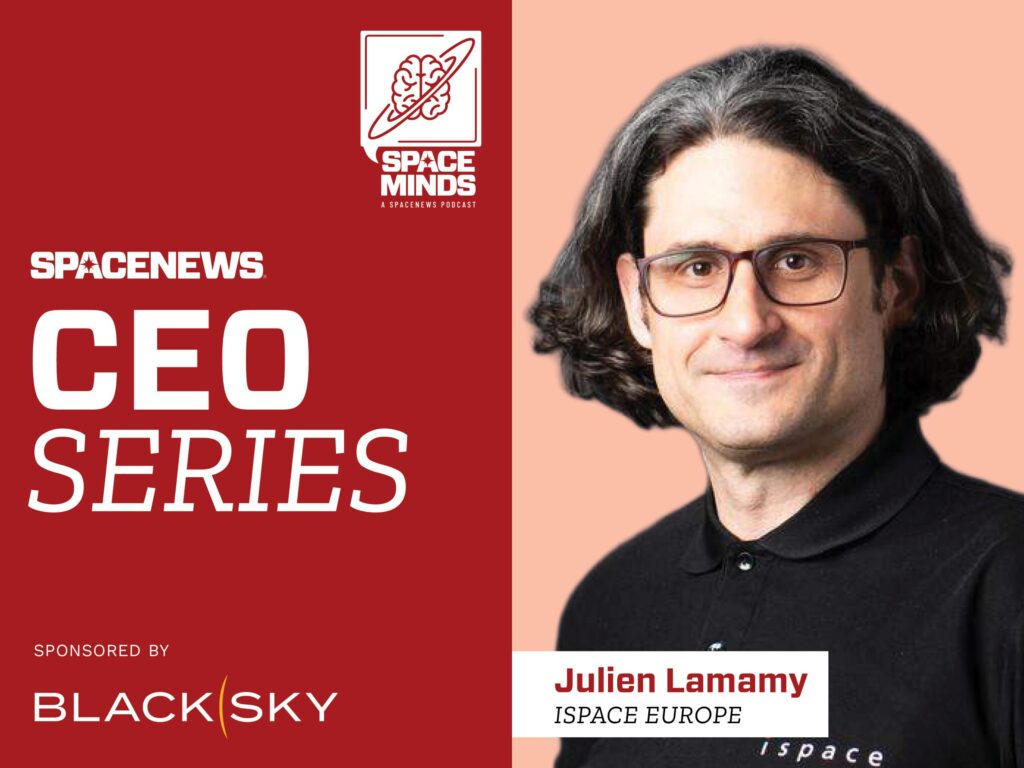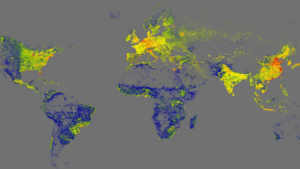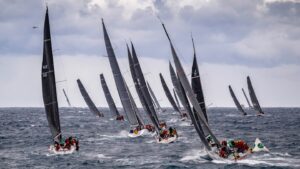
At the World Space Business Week in Paris, Julien Lamamy, Managing Director of ispace Europe, discussed the company’s strategies for advancing lunar exploration. During a recent episode of the Space Minds podcast, Lamamy highlighted the importance of cost-effective approaches to lunar missions, showcasing the progress made on their first rover and the upcoming MAGPIE mission, which aims to study hydrogen on the Moon.
Innovative Approaches to Lunar Mobility
ispace Europe, a subsidiary of ispace, has been operational since 2017. Lamamy noted that the company has focused on developing technologies for surface mobility, essential for exploring lunar resources. The successful testing and operation of their first rover represent a significant milestone, validating their approach to efficient mission execution. “We are here to show the best way to do things — speed, efficiency, cost, schedule,” Lamamy stated.
He emphasized that their strategy involves cutting unnecessary corners compared to traditional space agencies like NASA or the European Space Agency (ESA). This philosophy allowed them to conduct a series of successful tests in space, enhancing their credibility within the space community.
With the rover now operational, ispace Europe is positioned to take on further projects, including MAGPIE. This mission is designed to clarify the composition of hydrogen detected on the lunar surface, a key element for future exploration and potential resource utilization.
Progress and Partnerships for MAGPIE
The MAGPIE mission is set to explore whether the hydrogen on the Moon is in the form of water (H2O), hydroxyl (OH), or another variant. As Lamamy explained, the mission aims to employ a compact, 30-kilogram rover equipped with advanced instruments including a radar system and a neutron spectrometer.
Recent reviews for MAGPIE have been successful, with the project moving into its next phase. The next significant event will occur in November 2023, when the ESA ministerial council will approve budgets for upcoming projects. This approval is crucial for securing funding for MAGPIE, which is projected to launch in the late 2020s.
Collaboration plays a vital role in this endeavour. Lamamy pointed out the importance of partnerships across various European space agencies, including potential collaboration with JAXA, the Japanese Space Agency, to enhance the mission’s scope and effectiveness.
As the lunar economy continues to gain momentum, Lamamy envisions a future where businesses in Europe leverage new technologies for lunar exploration. He indicated that the interest in lunar resources, including helium-3, is growing, providing opportunities for established companies and startups alike.
Luxembourg: Emerging Space Hub
Luxembourg has emerged as a pivotal player in the space industry, establishing a robust ecosystem for space resources and exploration. Lamamy credited the country’s proactive approach to attracting space companies, noting that over seventy firms are now based there, contributing to a diverse space sector.
He expressed optimism for the future of Luxembourg as a space hub, highlighting the potential for interconnectedness among companies, which could strengthen the overall industry. “My hope for Luxembourg over the next five years is that companies start interconnecting more and building an even stronger network,” he stated.
As ispace Europe looks ahead, Lamamy aims to influence Europe’s lunar strategy and demonstrate that smaller companies can significantly contribute to lunar access and resource development. With the upcoming ESA ministerial council shaping the future, the next year will be crucial for ispace Europe and its ambitions in lunar exploration.
The Space Minds podcast continues to provide insights into the evolving landscape of space exploration, featuring interviews with key leaders and innovators in the industry. New episodes are released weekly, offering the latest news and developments in space.







